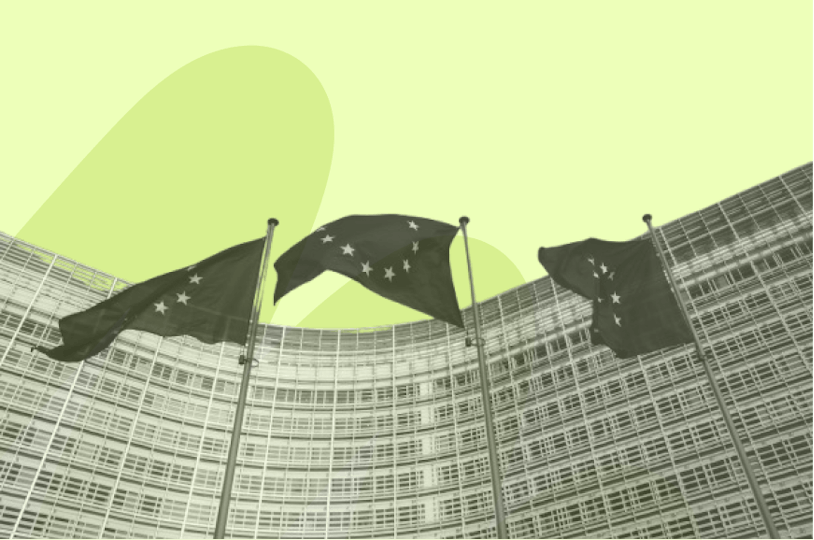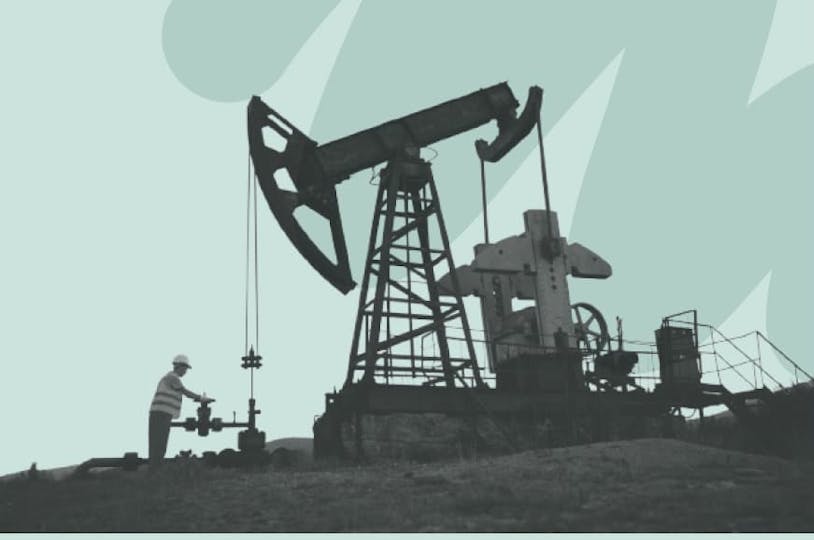
What are the 3 Pillars of Corporate Sustainability?
In this article, we'll explore what the 3 pillars of corporate responsibility are, why they're important, and how businesses can turn them into practical action.
ESG / CSR
Industries

In this article, we'll explore what the 3 pillars of corporate responsibility are, why they're important, and how businesses can turn them into practical action.

In this article, we’ll explain what lean management is, the five principles, and how your company can get started with lean management.

In this article, we’ll explain what a corporate carbon footprint is, why it’s important, how it is measured, and reasons why your company should track it too.

In this article, we break down what the EU CBAM is, how it works, and what businesses need to do to comply.

Discover the EU Taxonomy: what it is, how it defines sustainable activities, and its impact on businesses and financial markets.

In this article, we’ll explore five of the leading carbon management software platforms available today. Whether you're looking to measure your carbon footprint, create actionable decarbonisation plans, or meet regulatory requirements, these tools can help you build a more sustainable future.
Last articles

In this article, we compare the top 10 IFRS tools of 2025, explore their key features, and help you choose the right platform for simplified ESG reporting.

In this article, we compare the top 10 VSME tools of 2025, explore their key features, and help you choose the right platform for simplified ESG reporting.

In this article, we’ll break down what the Clean Industrial Deal is, what it actually promises, and how it could shape the future of European industry.

In this article, we’ll break down what permafrost actually is, why it matters, and what happens when it starts to thaw.

In this article, we’ll explore how global supply chains work, the key challenges they’re facing, and what the future might look like – including a closer look at the environmental and climate-related pressures reshaping supply chains today.

In this article, we’ll explore what natural capital is, why it matters, and how it can be used to reshape the way we measure success.

What is the UNGC, otherwise known as the United Nations Global Compact – and what is their main mission?

In this article, we’ll explain what bioplastic is, its main goal, and five things to know about bioplastic.

In this article, we’ll explain what peak oil is, why it is important, and how we can avoid reaching peak oil.

This article explores the Great Green Wall’s vision, what’s working, what isn’t, and whether this massive undertaking can truly reshape the future of the Sahel.

In this article, we’ll explore 15 reusable products that can help you cut down on waste and build more sustainable habits, one small swap at a time.

In this article, we’ll explore what smart materials are, how they work, and why they’re key to building a more sustainable future.